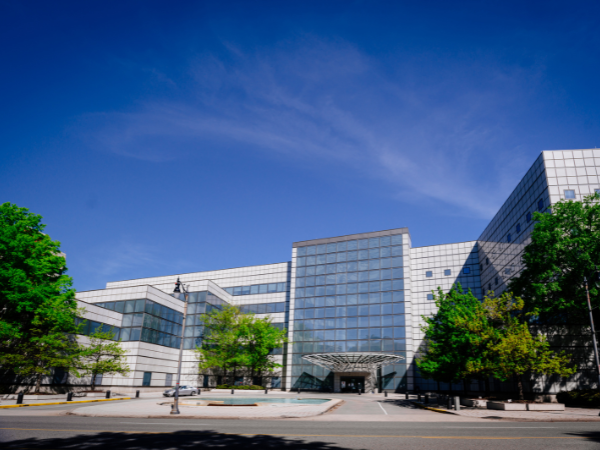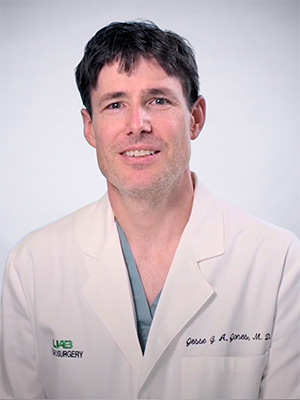
Hereditary hemorrhagic telangiectasia (HHT), also known as Osler-Weber-Rendu syndrome, is a rare, but serious, genetic disorder that causes abnormal blood vessels to form throughout the body. These abnormal vessels bypass much smaller blood vessels, or capillaries, creating direct connections between arteries and veins known as arteriovenous malformations (AVMs). This can lead to serious health issues, including internal bleeding and complications in vital organs like the lungs, brain, spine, liver and gastrointestinal tract.
HHT affects approximately 1 in every 5,000 individuals worldwide. Despite being recognized in the medical field for more than a century, it remains underdiagnosed and is often not emphasized during standard medical education.
One of the earliest and most common symptoms is frequent nosebleeds, which often begin in childhood. People with HHT may also experience migraines, seizures, iron-deficiency anemia, internal bleeding, fatigue or small red or purplish spots, called telangiectasias, on their skin.
The University of Alabama at Birmingham is home to one of the only dedicated HHT clinics in the Southeastern  Jesse Jones, M.D.United States. Designated a HHT Center of Excellence in 2023, the clinic is led by Jesse Jones, M.D., an assistant professor in the UAB Departments of Neurosurgery and Radiology. It is one of just 27 centers in the nation with this designation.
Jesse Jones, M.D.United States. Designated a HHT Center of Excellence in 2023, the clinic is led by Jesse Jones, M.D., an assistant professor in the UAB Departments of Neurosurgery and Radiology. It is one of just 27 centers in the nation with this designation.
Located at The Kirklin Clinic of UAB Hospital, the center brings together experts from a variety of specialties, including neurosurgery, otolaryngology, interventional radiology, genetics, cardiovascular disease, hematology oncology, gastroenterology, pulmonology, dermatology and gynecology.
While patients currently see their different specialists at separate appointments, the clinic’s long-term goal is to offer coordinated, same-day care under one roof.
As awareness of HHT continues to grow, so does the demand for specialized care. In the four years since its inception, UAB’s clinic has expanded from seeing just a few patients to managing more than 116 active cases, with new patients requesting appointments daily. Patients and their families often travel from across state lines to access the clinic’s expertise.
“HHT is complex, but with the right team of specialists, it’s manageable,” said Jones. “Because it's inherited, by identifying one case, we’re often able to help other family members as well."
As part of its Center of Excellence designation, UAB’s HHT clinic participates in national and international research, contributes to global case discussions, and collaborates with the Cure HHT Foundation to help shape clinical guidelines and raise awareness. The center also serves as a trusted referral resource for physicians across the country who are seeking expert insight into this complex condition.
“A lot of patients come to us with questions they’ve had for years,” said Josie Harris, RN clinical care coordinator at the UAB HHT Clinic. “We work to make sure they feel informed, supported and connected to care that’s tailored to their specific needs.”
To make an appointment with the HHT Clinic, please call 205-996-9647.